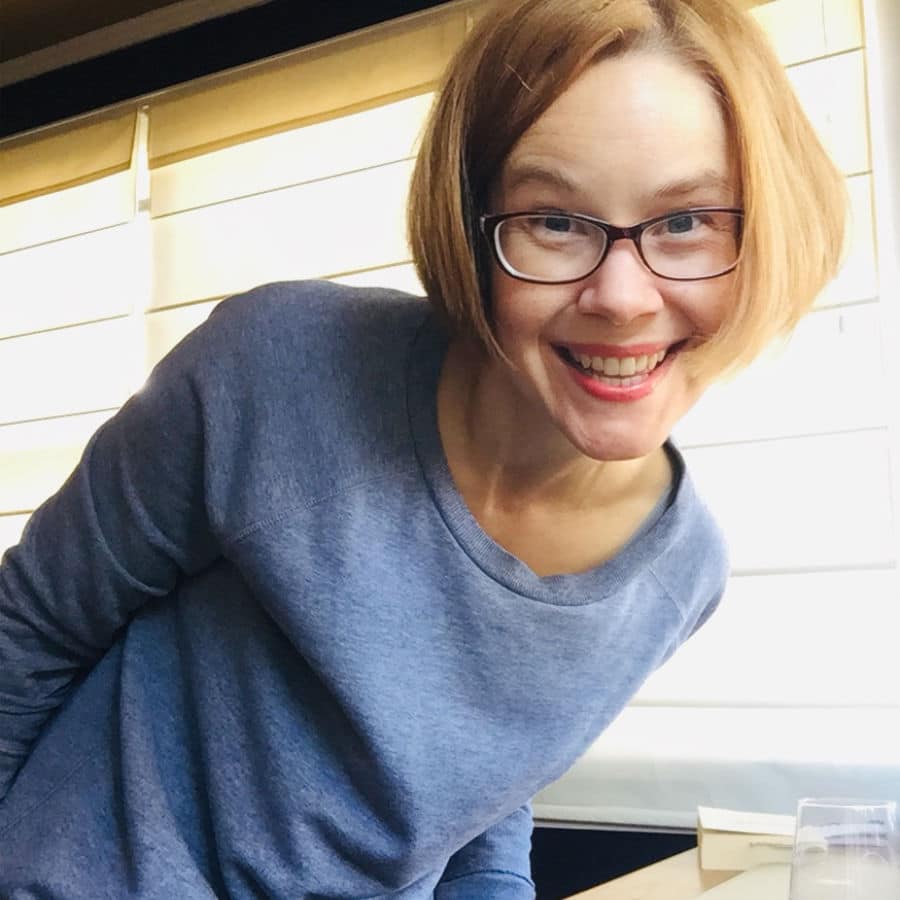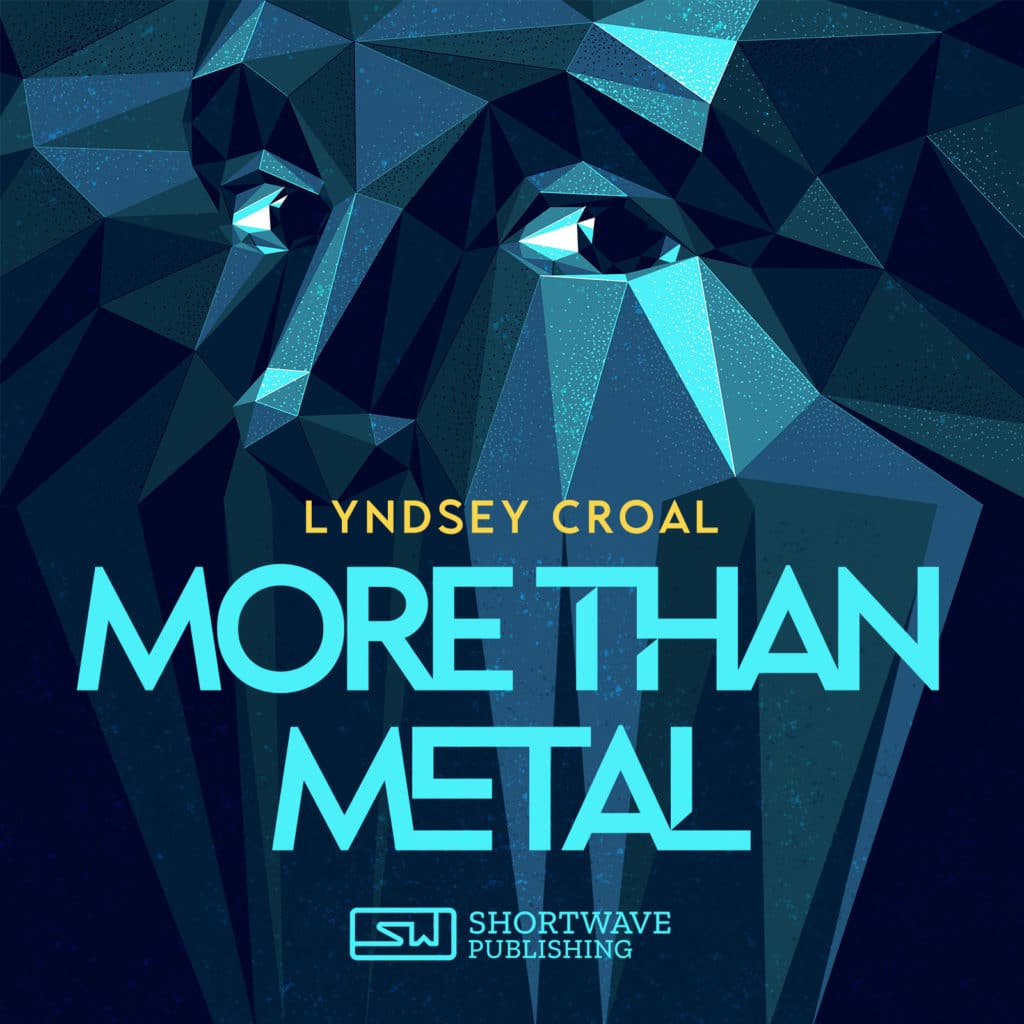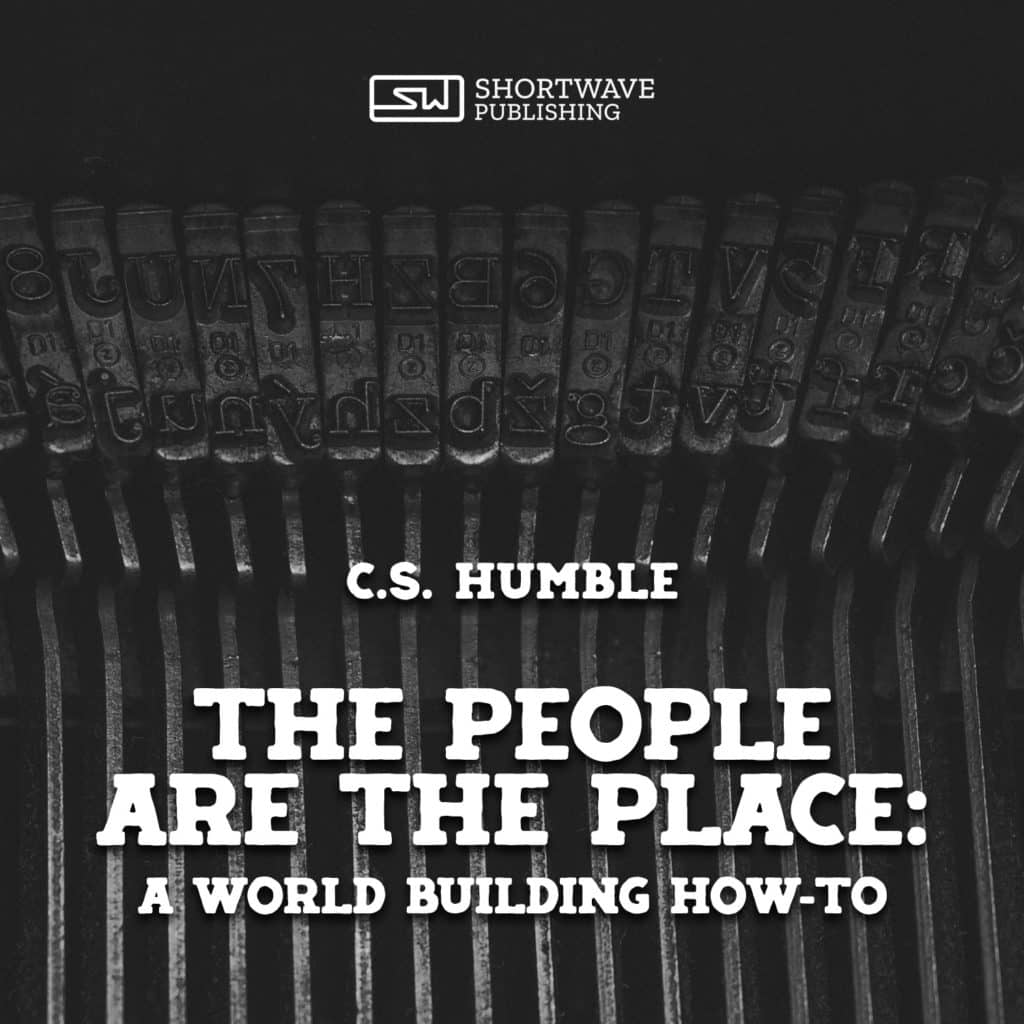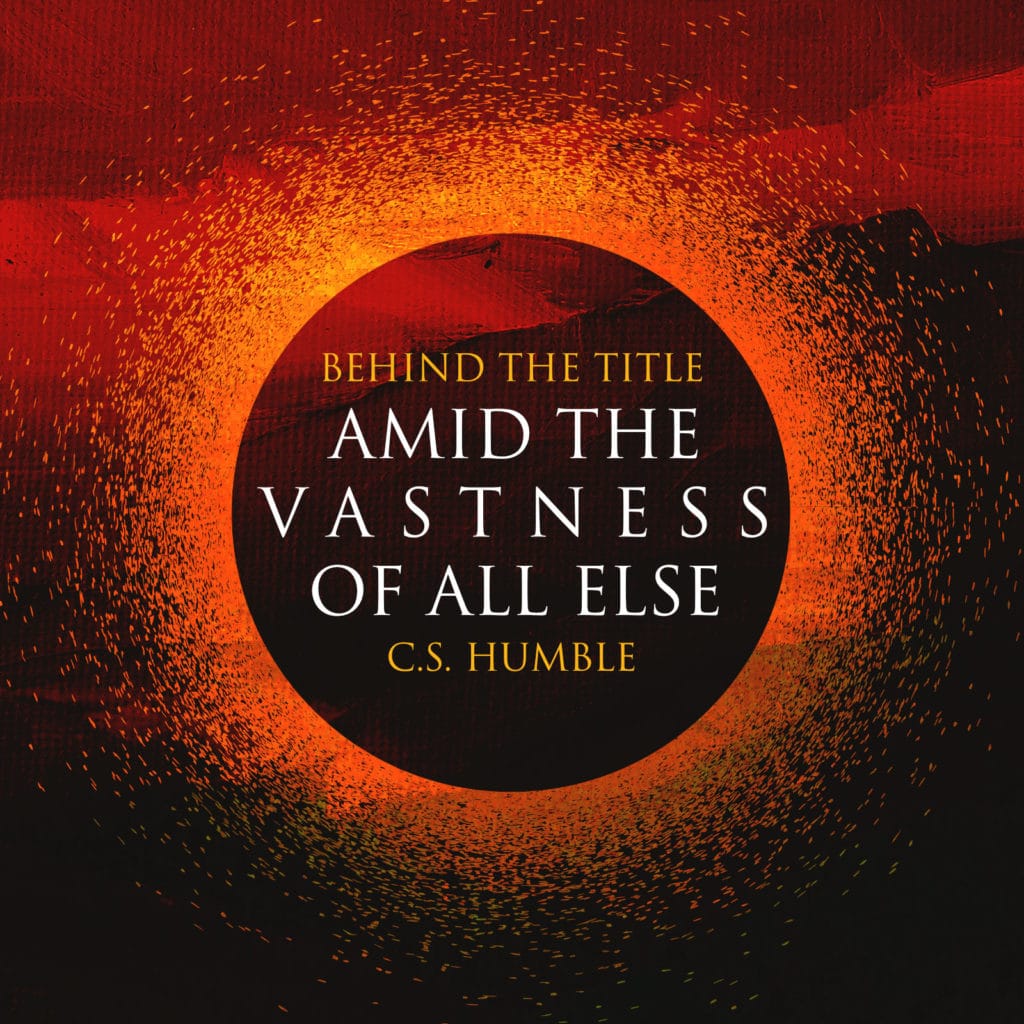Clear your mind and fill the page.
Last month, I explained how I wrote 1,000 words an hour—which I’m about to do again (the “writing 1,000 words an hour” part, not the “telling you how I write 1,000 words an hour” part), and this time I’m going to do it while explaining how I write without distraction.
There are two kinds of distractions that can get in the way of your writing:
- External distractions: Emails. Texts. Tweets. Likes. Anything that causes your phone to shake, or make a noise. (Dogs, cats, coworkers, and family members can also be external distractions—along with your boss, your editor, and your readers.)
- Internal distractions: Thoughts. Worries. Anxieties. Discomforts. Anything that causes your mind, or your body, to get in the way of your writing. (The clock, whether you watch it as you write or track it in your head, can also be a significant internal distraction.)
Minimizing the impact of external distractions is relatively easy—at least in theory—so I won’t recap so-called “best practices” like setting your phone to Do Not Disturb or batching your email into twice-daily Inbox Zero sessions.
I will, however, note that many of these practices do not actually work in practice. Parents and caregivers, for example, may not feel comfortable leaving their phones on a setting where they won’t be able to receive important calls from—or about—children and family. Many people, whether they’re full-time employees or gig economy workers, can’t get away with only checking email twice a day.
Which means that you must learn, as a writer, how to keep these external distractions from becoming internal distractions.
How to clear your mind, as it were—
So you can fill both your mind and the page with your writing.
In which I return to the considerable benefits of outlining
If you read my piece on writing 1,000 words an hour, you already know that I couldn’t do what I do if I didn’t take the time to outline everything beforehand.
Organizing your thoughts before you write allows you to continue writing even when your thoughts are disorganized.
That’s how I’ve been able to write freelance articles while sitting in hospital waiting rooms. How I’ve been able to write blog posts while squeezed into the middle seat of an airplane. How I’ll be able to revise SHAKESPEARE IN THE PARK WITH MURDER (A Larkin Day Mystery, #3) later today—even though I’m waiting for a call from my mom about my aunt, who isn’t doing well. Even though I’m also cleaning the bathroom and vacuuming the bedroom and doing the laundry, so my mom can stay with us this evening.
I can do this, right now, because I’ve already done the work required to get the words on the page.
Which means that when I hear the dryer buzz, I’ll be able to get up, transfer the freshly-dried towels to the upstairs bedroom and the freshly-washed sheets to the dryer, and come right back down and keep writing.
In which I admit to imagining worst-case scenarios—on purpose
One of the biggest internal distractions is what I like to call the worst-case scenario. There are many different kinds of worst-case scenarios, but they tend to fall into two categories:
- Work-related: What if I never figure out how to end this chapter? What if I miss my deadline? What if the robots take all of the writing jobs, and they write better books than any human ever could, and I never get to be a writer ever again?
- Life-related: What if that twinge in my back is something more serious? What if we stop being able to pay our bills? What if someone I love stops loving me? What if someone I love dies? What if I die, and I never get to be a writer ever again?
The best way to get these kinds of worries out of your mind is to imagine them, thoroughly.
You’re a writer, right? Imagining things thoroughly may be one of the things you do best—so take the time to think, carefully, about each worst-case scenario.
Then ask yourself what you would do differently, right now, if you knew that scenario would happen.
If you never figure out how to end that chapter, maybe the chapter shouldn’t end there.
If you miss your deadline, maybe you should let your editor know—and maybe you could build a few more contingency plans into next month’s writing schedule.
If the robots take all of the writing jobs, and they write better books than any human ever could, maybe you could write something that isn’t a book. Something the robots don’t know how to write yet. Something you’ll keep secret, from the robots, so they’ll never be able to take it from you—a piece of paper, maybe, passed from one human to another. A story, told around a fire.
In which I put my distracting thoughts away—for now
My last piece of advice—and I’ll freely admit that I stole this bit of advice from David Allen, just like I stole my previous piece of advice from Dale Carnegie (and just like the robots are going to steal all of our best work, someday)—is to have two pages open, all the time.
I use a laptop and a paper notebook, but you could use two open documents on the same laptop—or two paper notebooks, or two monitors attached to the same computer, or two completely separate computers, if you wanted to.
The point is that you need one page to capture your writing—
And one page to capture everything that gets in the way of your writing.
Whenever a distracting thought enters your mind, take it out of your mind as quickly as possible. Put it on the “distracting thoughts” page. Leave it there, until your writing session is done, and then figure out what to do with it.
(Unless, of course, you suddenly remembered that you left the oven on. You should probably take care of that one right away.)
By writing down your distracting thoughts as you write—whether you’re drafting a novel or writing a 1,000-word article in an hour—you keep those distractions from getting in the way of your writing. Those thoughts will still be there, waiting for you, when you’re done. Some of them may even be important.
But you’ll also have done your work.
The work of writing.
Both with—and without—distraction.
Read the next guide, "How to Destroy Your Favorite Books" →





